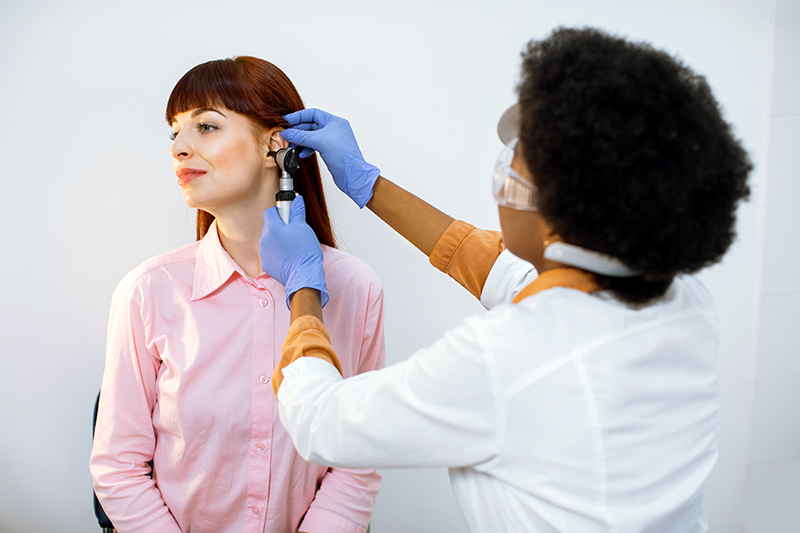
Hearing loss has a significant impact on the lives of millions of People. An estimated 13 percent of Americans have hearing impairment in both ears, while 2 percent of those aged 45 to 54 have severe hearing loss that is considered disabling. Unfortunately, fewer than one-third of Americans aged 70 and older who might benefit from hearing aid devices used them. Audiologists and hearing aid specialists are experts in hearing loss and the available treatment options. However, many people are perplexed about the differences between audiologists and hearing aid specialists. What makes it even more confusing is these terms are many times used interchangeably. When the truth is, they are entirely different occupations. While both are useful, many people question which is best suited to help them. This article will explore the similarities and differences between these hearing health practitioners to help you make the right call regarding your hearing health.
Audiologists and Hearing Aid Specialists: What’s The Difference?
What They Have in Common
The confusion in understanding these two professions occurs because they both test for and treat hearing loss. The differences are much more pronounced and noticeable. Both can fit and work with hearing aid devices. Both require certification that has to be renewed periodically. And both have a proven track record of helping their patients with hearing loss issues.
What the Differences Are
While the similarities between an audiologist and a hearing instrument specialist can be summed up quickly, the differences must be addressed as a whole to ensure everything is clear. If not, you may visit the wrong one and not get the relief you need.
Facts about Hearing Aid Specialists
The most striking difference between these two professions is the level of education. While audiologists require years of school and advanced degrees, hearing aid specialists only need a 2-year degree or a 36-week certification program. The other main difference is the depth of care; hearing instrument specialists are experts in all things involving hearing devices, from molding for a perfect fit to fine-tuning each device to operate at peak performance. Suppose your issue goes beyond hearing loss and involves balance issues, physical injury, obstructions requiring surgery, or problems that involve more than the inner ear. In that case, you will need to visit an audiologist.
Facts about Audiologists
Audiologists are healthcare professionals who have acquired extensive training in the technical diagnosis and treatment of hearing and balance ailments. An audiologist degree requires 6 to 8 years of medical college as well as 1800 hours of clinical training. They can perform exhaustive hearing evaluations and help patients cope and deal with hearing loss and balance. Audiologists go beyond the inner ear and deal with the entire audio system, including the brain. Unlike hearing aid specialists, they can go much further into your hearing health and recommend surgery when needed.